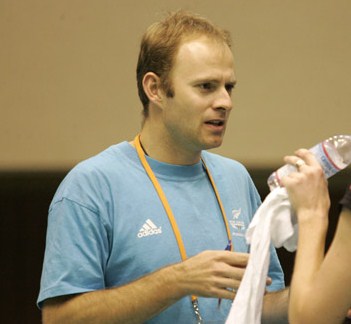 Tjitte Weistra is a private international coach after a long career as a player for the Netherlands and a national coach for Peru and New Zealand. He is joining our team to share his knowledge with our readers and will have a monthly column on Badzine.net
Tjitte Weistra is a private international coach after a long career as a player for the Netherlands and a national coach for Peru and New Zealand. He is joining our team to share his knowledge with our readers and will have a monthly column on Badzine.net
His first column enhances the importance of preparation before a match in 5 steps.
The importance of mental preparation/warm-up is often overlooked by players. Subconsciously we all mentally prepare for competition but the key is to be very aware of the processes you follow when preparing in order to take advantage of the power of the mind. The mind IS very powerful and at any given moment during competition it can decide the outcome of the match, positive or negative. I’m sure you have all experienced both ways.
In this article I will share with you my way of preparing. I say my way because everybody does and needs a different way of preparing. It is a matter of finding out WHAT works for you. I can break up my preparation in 5 stages which do not require a specific effort; it is more an awareness of the emotional cycle one goes through as competition approaches. I need to mention that the preparation I’m describing here is “on the day of competition”.
Stage 1:
Getting ready to leave to the stadium/hall whether that is from home or a hotel or any other place where you are staying during your competition. Ensuring you have all your gear packed is a very important part of preparation. It not only about ensuring you have everything you need but to ensure you do not have to worry about your gear prior or during your competition. How often do we see players who forget shoes, towel, shorts etc. and this can cause unnecessary stress and distraction? Preparing my gear was close to a ritual to ensure that I had everything with me and ready but it was also the first step to my match(es), the first part of concentrating on my performance.
Stage 2:
Arrival at the venue. It might be that you arrive at “just another Badminton Hall” or the one you have been at so many times before so it doesn’t really impress you nor do something to your nerves. That can be an advantage but can also cause a casual attitude which could have an impact on the seriousness of your approach before a match. Whether I arrived at a venue which I knew like the palm of my hand or whether I arrived at a venue for the first time, stepping into the venue always did something to my state of mind/concentration. I would be very conscious that I was now at the venue of competition. That literal step through the front door or whatever door gave us entry to the venue was a very conscious step, one that indicated that I was one step closer to competition.
Stage 3:
Warm-Up. Everybody has their own style/approach to physically warming up. There are many different ways of doing this and I can’t really say what is right or what is wrong, as long as you follow some basic rules which we all know. Going from cold to intense exercise is no good but you do not necessarily have to run laps or skip etc. before having a hit on court if there is the opportunity to do so. Personally I would always seek for the opportunity to get on a court as quick as possible and just have a light hit and perhaps having a little fun game with team mates or friends. It would keep me relaxed but at the same time helped me to get into competition mode.
Stage 4:
Intense/explosive warm-up without shuttle but maybe on a court with a racquet doing shadow movement. If the opportunity was there to this on-court then I would take advantage as being on a court is more “real” and it helped me to get in that “ready for battle” state of mind. If a free or practice court was not available I would seek enough space to do some fast movement. Sprints if enough space was available or otherwise fast agility movements in a small space. I would exchange this with some stretching although never long but short and bouncy rather than static, unless I had some serious muscle pains which required longer stretched to loosen up. Badminton is an explosive sport and doing lots of long stretching prior to competition is not my preference but there are many different studies which all have their pro’s and con’s so find out what works for you.
This part would continue until my match would be called. Doing an intense warm-up and then sitting down for 5, 10 or 15 minutes waiting for your game to be called is no good. It allows the body and mind to cool down again and get distracted. Sometimes it can be difficult to time your warm-up as previous matches last longer than expected but if you are on top of things you will have a pretty good indication of when your match will be called. If it takes longer than expected then take small brakes and continue with short burst of explosive warm up until you are “on”.
Although the above talks a lot about physical warm-up it is a crucial stage of your mental preparation. It is a great time for visualising your game and to get away from possible distractions such as friends, family or other things that may stop you from focussing on your game. Some do this with music, some find a place where they can be completely alone and other like to keep mixing amongst other players or friends as this helps them relax. You need to find out what works for you.
Stage 5:
Going on court. Very similar to stepping into the venue I religiously stepped into the court over the back line or side line of the court with my right foot. This was my final sign of getting ready and perhaps superstitious but with that step I would try to block out anything inside the venue which could distract me what could potentially harm my performance. It was a moment where one more time I would increase my mental “readiness” for the match.
After the 2 minute warm up allowed by the umpire I would have a fixed ritual for tying shoelaces one more time and where I put my drink bottle and towel. Let the game begin!!!
After all those years of playing I have tried hard to pass on the importance of “a fixed preparation” to the players I coach and have coached. The most important is to become aware of the processes you are or can be following so you can find out what works for you. There are many different ways and as longs it does the trick for you it is a good way. Losing a match doesn’t mean you have to change your preparation immediately but keep track of what you are doing and if over a certain period of time you are unsuccessful, changing your preparation on the day could be an option. The thing is with sport that there are so many factors that can influence your performance and only some can be controlled by yourself so ensuring you control what you can control is crucial…..!!!
You can find out more on Tjitte Weistra, New Zealand’s “Mobile coach” : Mobile Coach focuses on your needs in your sport or sporting organisation ranging from hands on coaching & presenting to mentoring athletes, coach education, programme consultancy & management. Click on http://www.mobilecoach.co.nz/index.php for more info

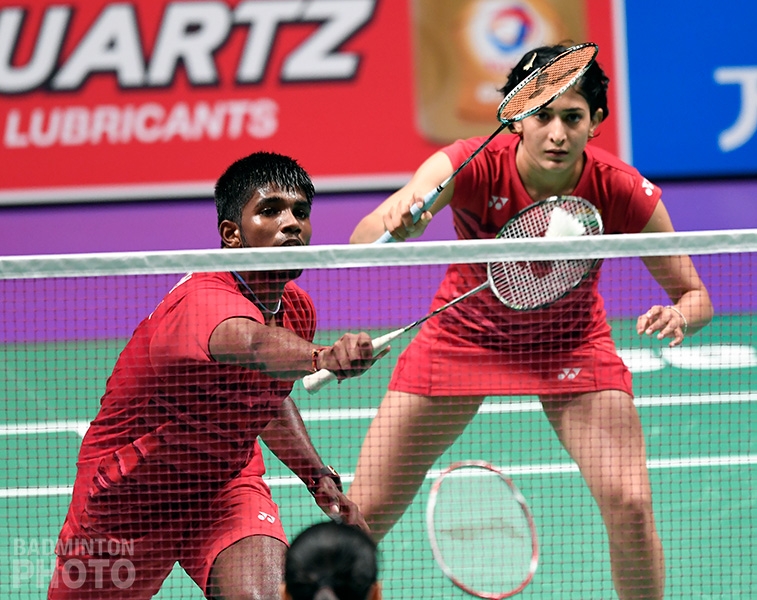
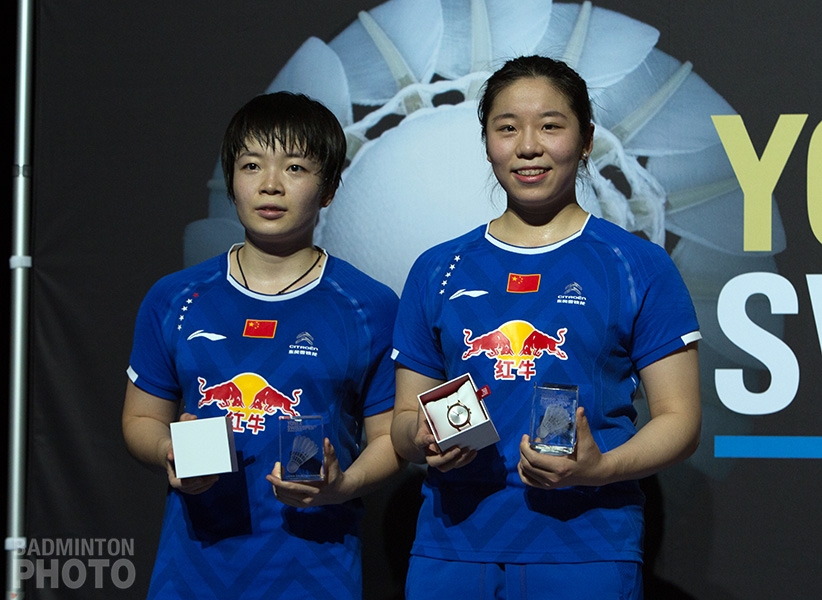
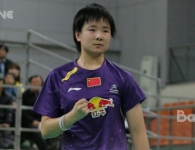
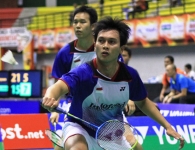

Leave a Reply